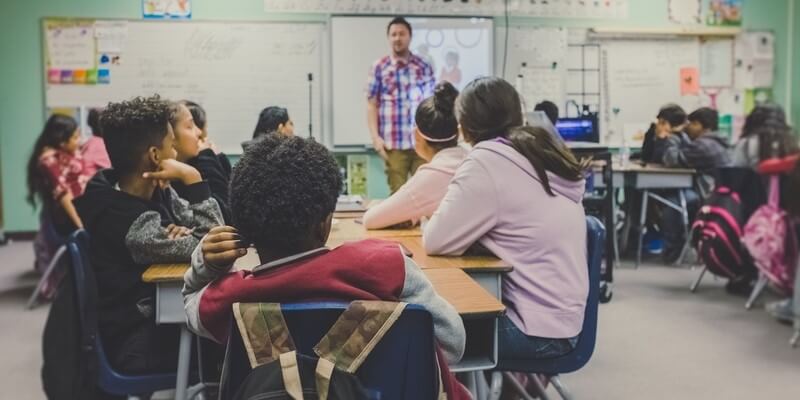Social Learning Theory is a well-known psychological theory that emphasizes the importance of observation and modeling in learning. Developed by psychologist Albert Bandura, this theory suggests that individuals learn from observing others and imitating their behaviors, attitudes, and outcomes. This theory has significant implications for social work and education, as it can help professionals better understand and address the needs of their clients and students.
In social work, applying Social Learning Theory can help professionals better understand the behaviors and motivations of their clients. By observing their clients in their social environment, social workers can gain valuable insights into the factors influencing their behavior and attitudes. For example, a social worker working with at-risk youth may observe the influence of peer pressure and parental role modeling on their clients’ behavior. By understanding these social influences, the social worker can develop more effective interventions to help their clients overcome negative behaviors and patterns.
Additionally, Social Learning Theory can also help social workers develop more effective therapeutic interventions. By modeling positive behaviors and attitudes, social workers can help their clients learn new coping skills and ways of thinking. For example, a social worker working with individuals struggling with addiction can model healthy coping mechanisms and help their clients learn new ways of dealing with their emotions and stress.
In education, Social Learning Theory can help teachers create more engaging and effective learning environments. By modeling positive behaviors and attitudes, teachers can help students learn new skills and strategies for academic success. For example, a teacher can model effective communication skills in the classroom, which can help students improve their own communication skills and build more positive relationships with their peers.
Additionally, Social Learning Theory can help educators understand and address issues of bullying and peer pressure in schools. By observing the social dynamics at play in the school environment, educators can develop interventions to prevent bullying and promote positive peer relationships. For example, educators can model and teach conflict resolution skills to help students deal with interpersonal conflicts in a positive and constructive way.
Overall, applying Social Learning Theory in social work and education can help professionals better understand the influence of social factors on individual behavior and outcomes. By observing and modeling positive behaviors and attitudes, professionals can help their clients and students learn new skills and strategies for success. By incorporating Social Learning Theory into their practice, social workers and educators can create more supportive and effective interventions that promote positive change and growth.



